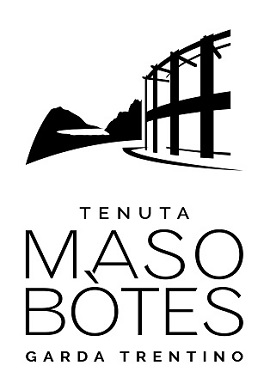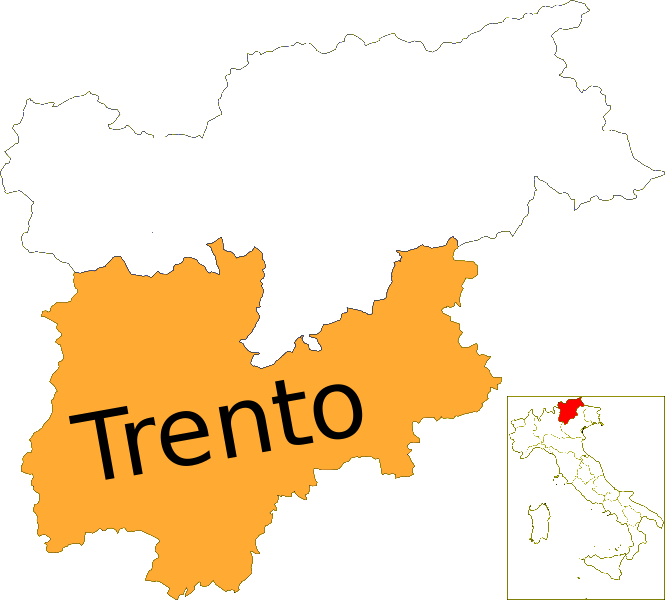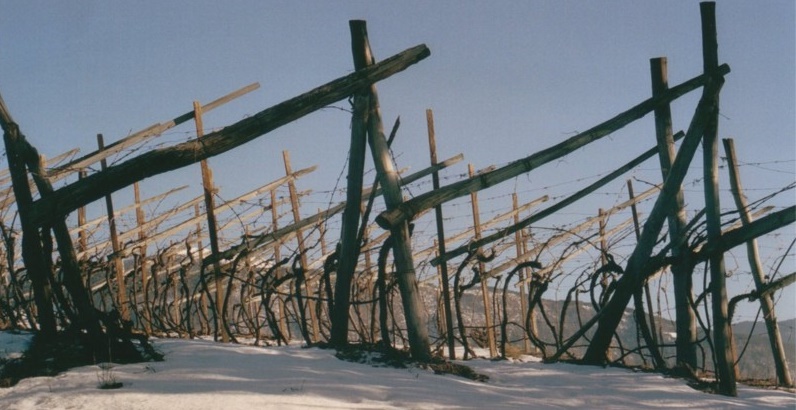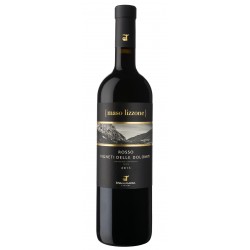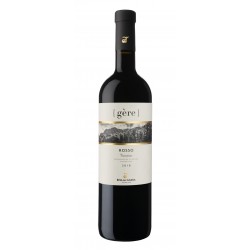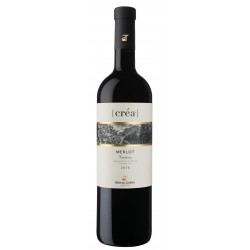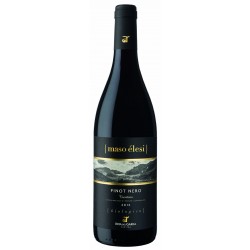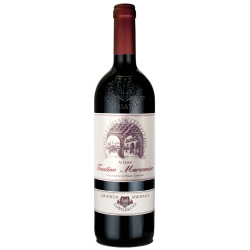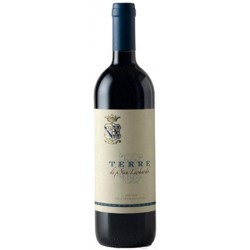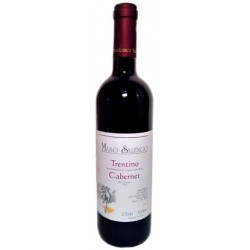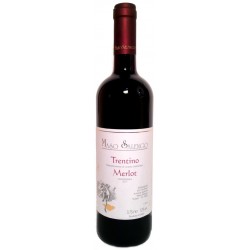No products in the cart.
Active filters
- Harvest: 2017
Maso Lizzone, Vigneti delle Dolomiti IGT Rosso
The environment, the grape variety and human effort contribute in equal measure to produce this wine.
Gère, Trentino DOC Rosso
Gère is produced with the finest grapes from vineyards ideally suited for cultivating Cabernet Franc, Merlot and Cabernet Sauvignon.
Créa, Merlot, Trentino Superiore DOC
Créa is made with the finest grapes from vineyards ideally suited to cultivate the Merlot variety.
Maso Élesi, Pinot Nero Organic, Trentino DOC Superiore
An organic vineyard ideally suited for growing Pinot Nero.
Ai Dossi, Marzemino, Trentino DOC
The terraces of Reviano are illuminated by the first rays of sun of the Lagarina Valley and look at the Finonchio and Pasubio mountains to the east from a privileged position: the valley lying at their feet with the bell towers and the towers of Isera and Sacco in the foreground, Rovereto in the background and Castel Corno towering above.
Terre di San Leonardo, Vigneti delle Dolomiti IGT
Classic Bordeaux style blend, Terre retraces the terroir path trod by its prestigious sibling San Leonardo, matching its intensity and refi ned elegance.

.png)
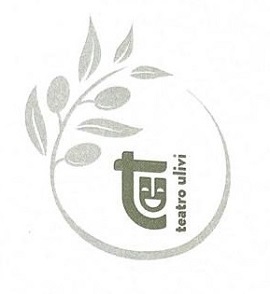

 - Copia.png)

 - Copia.jpg)

